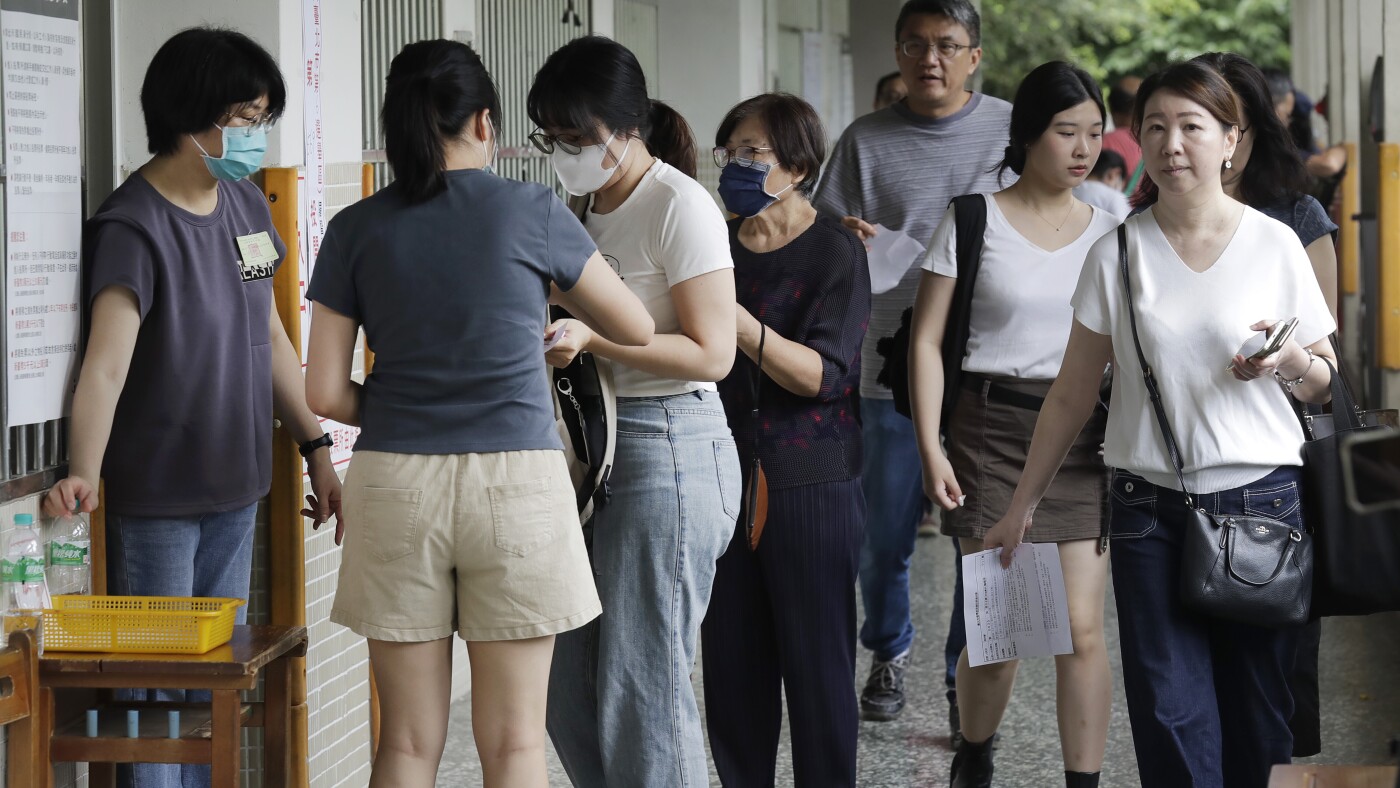TAIPEI, Taiwan — On July 26, 2025, voters in Taiwan flocked to polls for a recall election. This vote aimed to potentially remove around one-fifth of lawmakers from the opposition Nationalist Party (KMT). The outcome could shake up the balance of power in the island’s legislature.
Last year, the ruling Democratic Progressive Party (DPP), which leans toward independence, won the presidential election. Despite this, the KMT and the Taiwan People’s Party still hold enough seats to create a majority bloc. Many voters supporting the recall are upset with the KMT for blocking crucial legislation and backing measures that seem to strengthen ties with China, an island it considers part of its territory.
Some Taiwanese worry that these actions threaten the island’s democracy and its ability to counter Chinese military threats. This concern sparked a wave of recall campaigns, unprecedented in scale. On August 23, another seven KMT lawmakers will face similar votes.
The KMT, however, argues that the recalls are political revenge by the DPP after losing its legislative majority. They claim this undermines Taiwan’s democratic principles. Currently, the KMT has 52 seats, and the DPP has 51. For the DPP to gain a legislative majority, at least six KMT lawmakers must be ousted, and they must win the subsequent by-elections.
The recall requires more than 25% of eligible voters to participate favorably. If the KMT loses seats in these elections, they can offer new candidates in the by-elections, giving them a chance to regain power.
Voting ended at 4 p.m. local time, with preliminary results expected that evening. The official results will be announced by Taiwan’s Central Election Commission on August 1.
The stakes were high, not just for the legislators involved but also for Taiwanese democracy. The public sentiment reflected a growing divide: those favoring the current political status versus those advocating for closer ties with Beijing. Critics pointed fingers at politicians who align with China, accusing them of undermining Taiwan’s sovereignty. In contrast, these politicians argue that maintaining relations with Beijing is crucial for necessary dialogue.
China’s Taiwan Affairs Office, through spokesperson Zhu Fenglian, claimed the DPP is striving for “one-party dominance” under a façade of democracy. This rhetoric points to the delicate and often contentious relationship between Taiwan and China.
Taiwan’s authorities have also voiced concerns about potential interference from Chinese media, further complicating the electoral atmosphere.


